
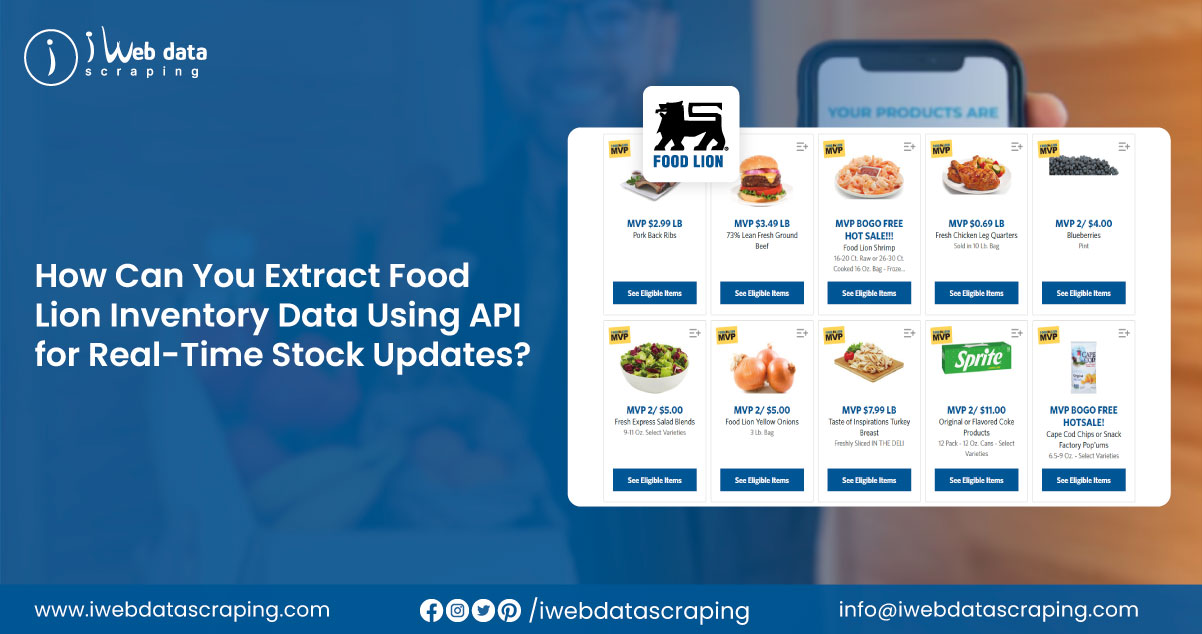
In today's dynamic retail landscape, real-time inventory tracking is essential for competitive grocery chains. One such case is how developers and data analysts extract Food Lion inventory data using APIs to power inventory dashboards, enhance stocking decisions, and optimize supply chain efficiency. Whether you're monitoring product availability, comparing prices, or powering a grocery platform, Food Lion's product data offers critical insights when accessed programmatically.
Food Lion inventory monitoring using APIs enables businesses to tap into live inventory flows, allowing for smarter decisions across product restocking, demand forecasting, and regional availability. It ensures a seamless customer experience across online and offline channels while supporting backend teams with real-time visibility.
For developers and data engineers, the Food Lion Grocery Product Data Extraction API acts as a gateway to a wealth of product-level information, including SKU-level data, product names, in-stock status, prices, offers, and much more. Leveraging API-based tools enables consistent data extraction that can feed directly into analytics platforms, inventory planning software, or e-commerce aggregators.
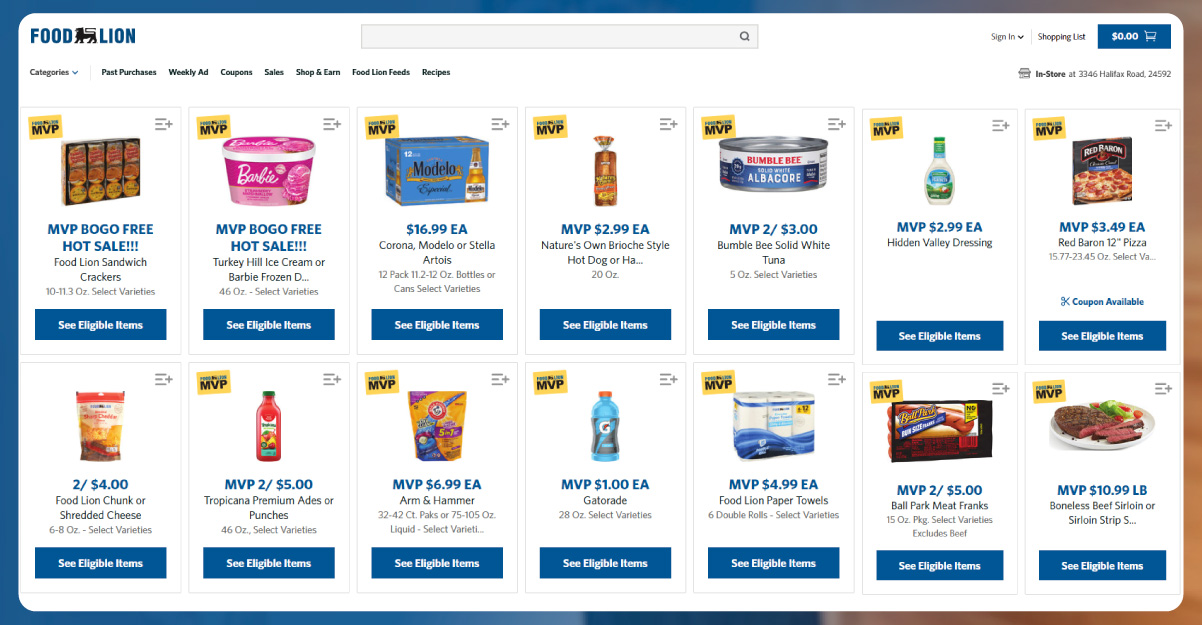
Food Lion is one of the largest grocery retailers in the Southeastern United States, with hundreds of stores offering a wide variety of products ranging from fresh produce to pantry essentials and household items. With the growing demand for omnichannel grocery data, API access to Food Lion's inventory data enables e-commerce platforms, price intelligence firms, and logistics teams to stay ahead of market movements.
API-Based Inventory Tracking for Food Lion unlocks precise visibility into stock levels at individual store locations. Businesses and developers can utilize this capability to monitor item availability across different ZIP codes, understand restocking patterns, and identify high-demand products based on specific regions.
This type of monitoring isn't just valuable for Food Lion stakeholders. Competitors, suppliers, and delivery startups can extract insights to align inventory planning and delivery systems with actual market demand. The ability to work with programmatically updated inventory data helps teams anticipate trends and fulfill orders more efficiently.
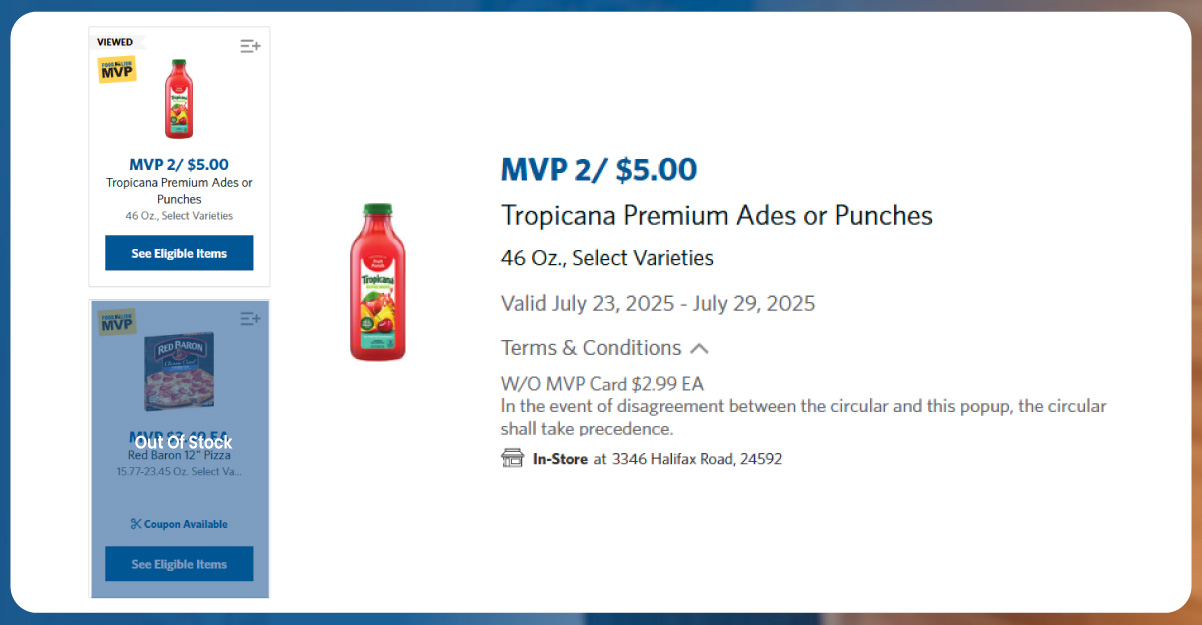
When utilizing APIs or structured scraping techniques, the following types of information can be retrieved:
With API endpoints configured correctly, developers can Scrape Food Lion Item Stock Using API in real-time or at scheduled intervals. This enables the large-scale aggregation of data that supports dashboards, retail insights platforms, or even customer-facing price comparison engines.
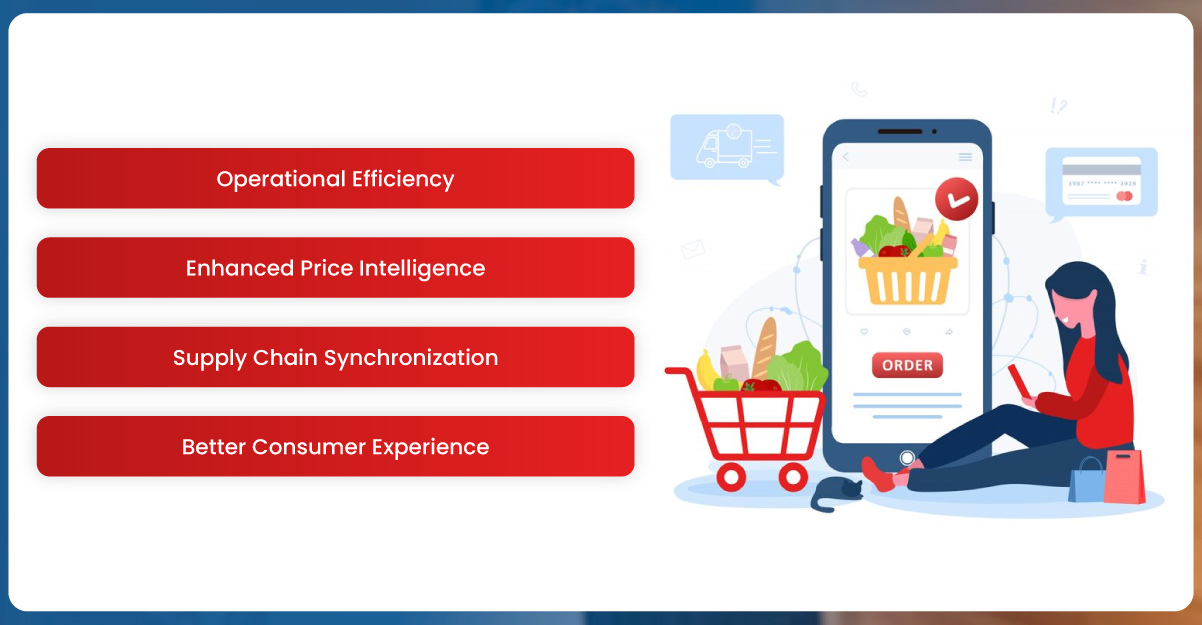
Through these benefits, the Foodlion Groceries Dataset becomes a vital component in decision-making for every stakeholder in the grocery value chain.
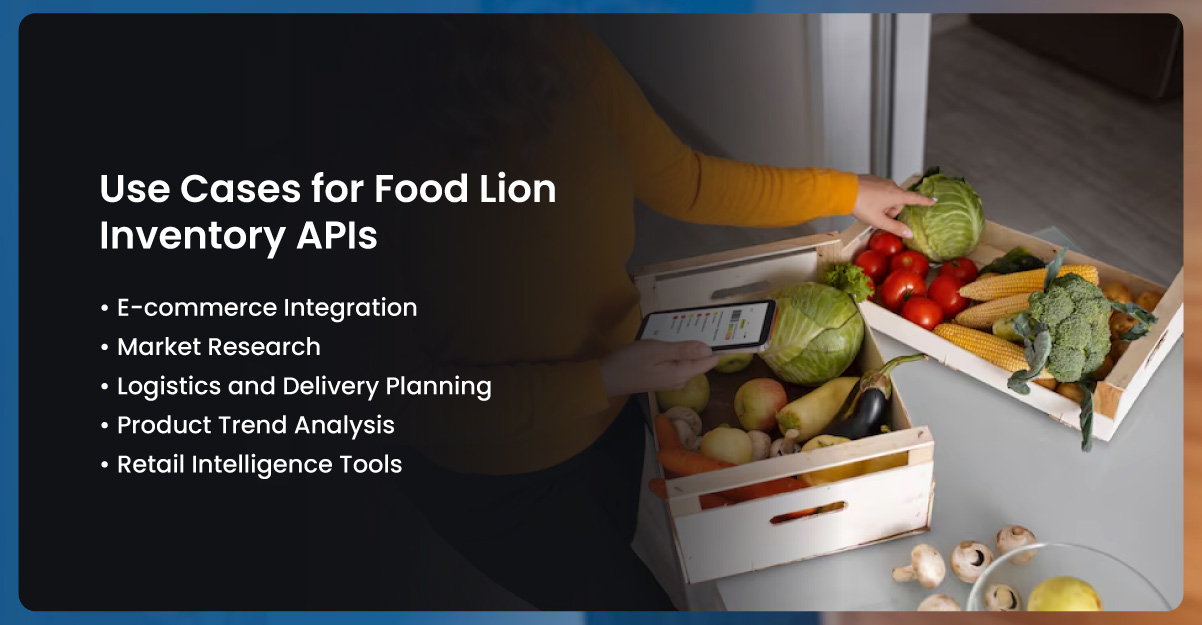
Here are a few real-world applications where scraping and monitoring Food Lion inventory data plays a pivotal role:
With the rise in automation and AI-driven decisions, Web Scraping Food Lion Product Data becomes a foundation for any modern grocery analytics system.
Unlock accurate, real-time grocery data today—start your custom scraping solution with us now!
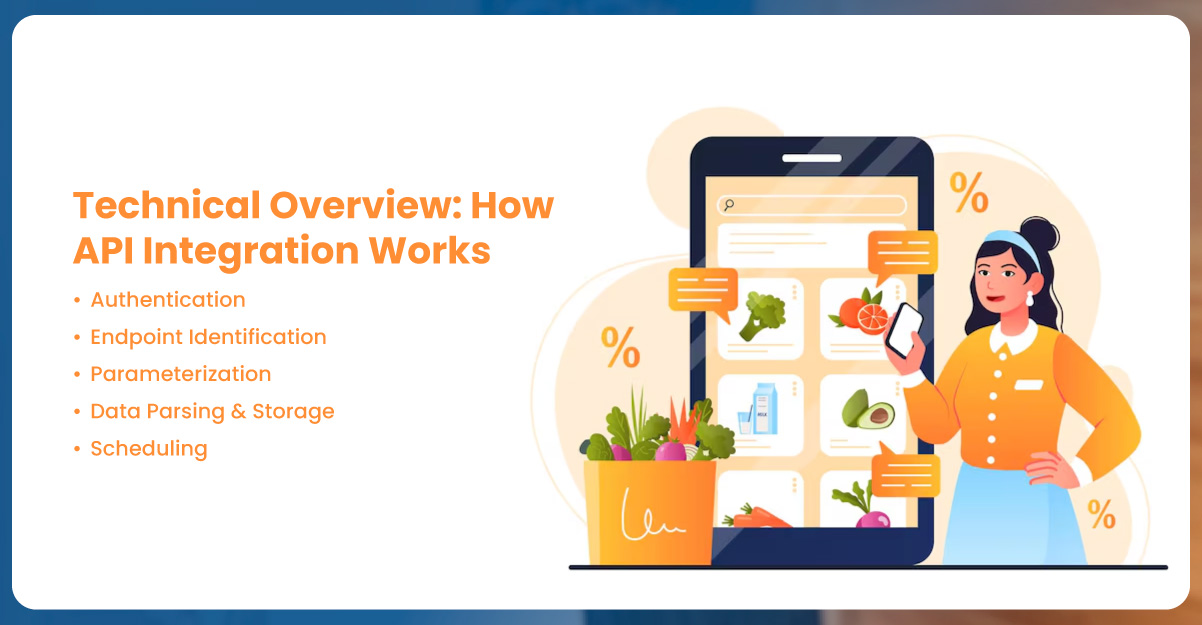
Here's a step-by-step overview of how one might extract data using APIs:
With the right tools and expertise, companies can easily Extract Food Lion Supermarket Data for integration into business platforms or consumer applications.

While scraping and using publicly available APIs can be legal under fair use or license agreements, it's essential to respect:
Companies offering Grocery Data Scraping services should ensure compliance and transparency in how they collect and use the data. Using ethical scraping tools or partnering with trusted API data providers can protect your brand reputation and operations.
The ability to Scrape Grocery Stores Location Data is also essential for region-based insights. Food Lion has hundreds of outlets, and understanding the availability and pricing dynamics across different branches provides businesses with a comprehensive local and national market overview.
Store-level data scraping enables platforms to tailor user experiences by offering store-specific inventory and delivery timelines. Retail chains also use this data to compare regional performances and stock levels.
The grocery industry is evolving rapidly, and actionable insights from inventory data can help drive smarter decisions. From enhancing operational workflows to providing better consumer services, APIs enable seamless and scalable access to real-time product information. Data collected from Food Lion stores opens doors for analytics, forecasting, and optimization at every level of the grocery ecosystem.
In summary, whether you're a developer, retail analyst, or logistics planner, structured access to Food Lion's digital shelves through APIs is no longer optional—it's essential. As more businesses tap into Grocery and Supermarket Store Datasets , the need for accurate, timely, and clean data becomes critical. That's where robust scraping and API integration strategies come in.
To stay competitive, leverage Grocery Pricing Data Intelligence Services to gain real-time visibility into regional pricing trends, promotional campaigns, and inventory gaps. And for technical implementation, ensure your team is equipped with an innovative and scalable Grocery Website scraper solution tailored for Food Lion and beyond.
Experience top-notch web scraping service and mobile app scraping solutions with iWeb Data Scraping. Our skilled team excels in extracting various data sets, including retail store locations and beyond. Connect with us today to learn how our customized services can address your unique project needs, delivering the highest efficiency and dependability for all your data requirements.